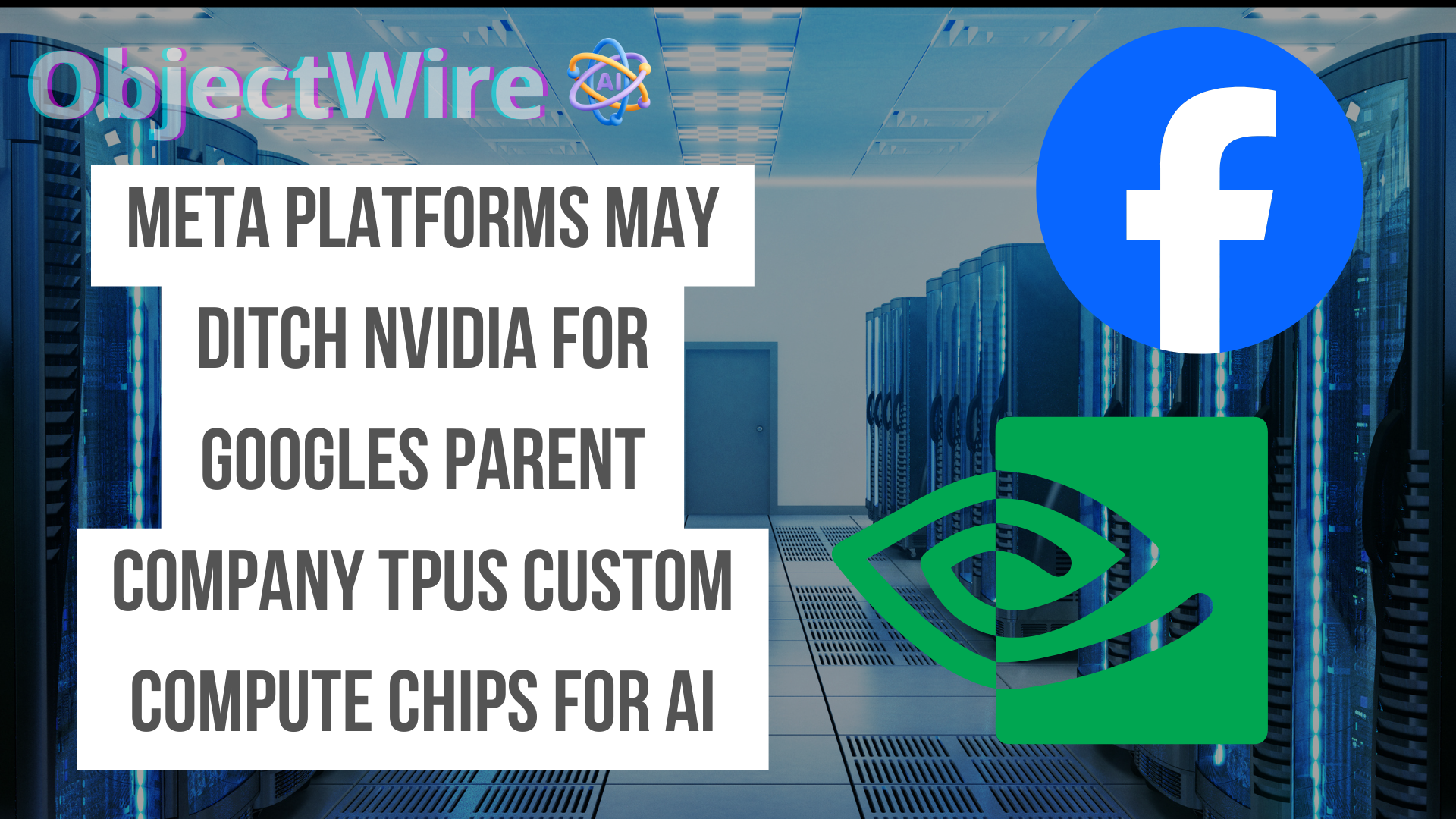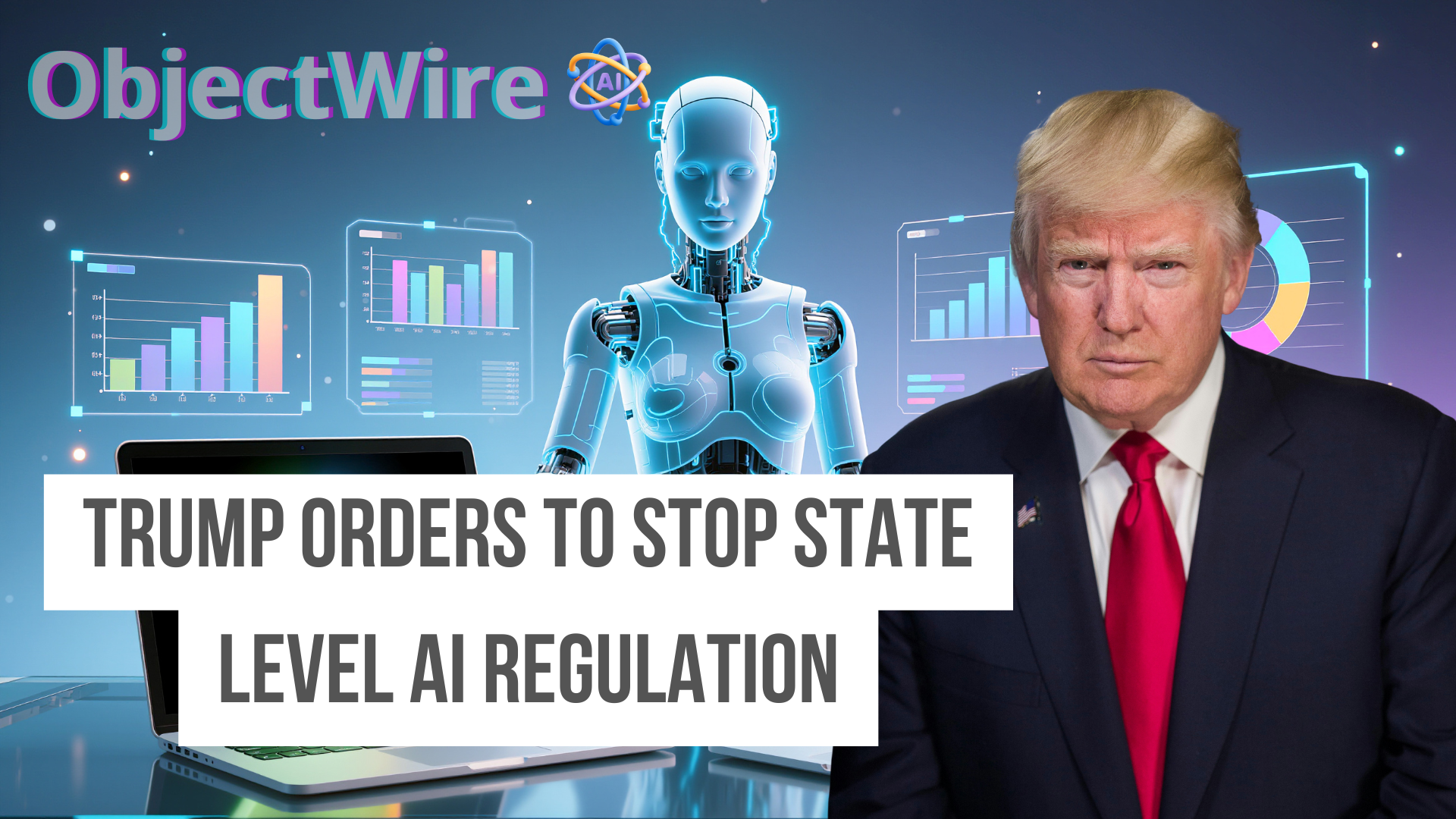Why Bitcoin Is No Longer Legal Tender In El Salvador
Bitcoin is no longer considered legal tender in El Salvador due to several factors, primarily related to economic, social, and international pressures:
IMF Pressure and Loan Conditions: El Salvador's decision to reverse the legal tender
The Decision was heavily influenced by the International Monetary Fund (IMF). The IMF had been critical of El Salvador's crypto policies since Bitcoin was made legal tender in 2021, highlighting significant risks related to Bitcoin's volatility, potential for financial instability, and concerns over consumer protection. In early 2025, as part of securing a $1.4 billion loan from the IMF, El Salvador agreed to amend its Bitcoin Law, making acceptance of Bitcoin voluntary rather than mandatory and removing its status as official currency.
Lack of Adoption:
Despite initial enthusiasm, the adoption of Bitcoin for everyday transactions in El Salvador did not meet expectations.
Surveys and studies indicated that a vast majority of Salvadorans (92% according to some reports) did not use Bitcoin for transactions by 2024, and only a small percentage of businesses accepted it.
The Chivo wallet, launched to facilitate Bitcoin transactions, faced issues like technical difficulties and security breaches, which further diminished public trust.
The general populace in El Salvador showed reluctance to embrace Bitcoin due to its volatility, the complexity of the technology, and a preference for cash. Merchants were also not well-equipped to handle Bitcoin transactions, and the public's understanding and trust in cryptocurrency were limited.
IS BTC Still Accepted in El Salvador?
The new amendments clarify that businesses can refuse Bitcoin payments, aligning with more conventional economic practices and addressing some of these legal and regulatory concerns.
The initial law mandating businesses to accept Bitcoin was met with protests and legal concerns, including questions about the legality and enforceability of such a mandate in a country where the U.S. dollar was already legal tender.
Continued Crypto Support but with Limitations in El Salvador:
While Bitcoin is no longer legal tender in the strictest sense, the government of El Salvador has expressed a continued commitment to Bitcoin. They plan to keep accumulating Bitcoin for national reserves and have maintained a crypto-friendly stance, albeit with more limited engagement in the public sector.
These factors collectively led to the legislative changes in January 2025, which effectively ended
Bitcoin's legal tender status but allowed it to remain a legal form of payment for those who choose to use it.
🇸🇻 El Salvador bought another 11 Bitcoin, making it a total of 24 Bitcoin since the $3.3b IMF loan was approved.
— Bitcoin Archive (@BTC_Archive) December 22, 2024
They told Bukele to stop.
Bukele smashed the buy button. 🤣 pic.twitter.com/qc5liiTVZ3




